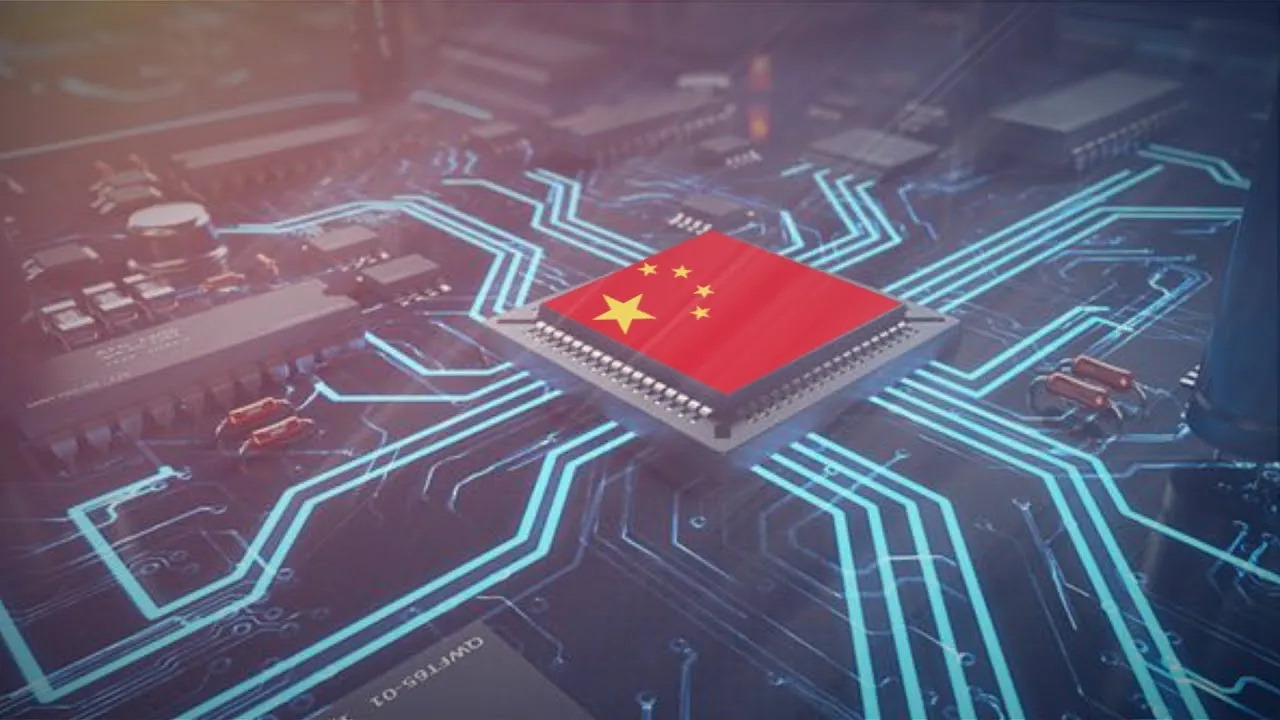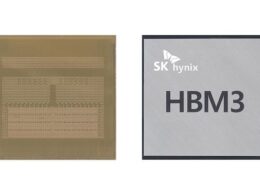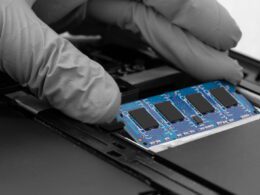Update on US Export Restrictions Amid Biden Administration and Intentions Towards China
Under President Biden, the evolution of US export restrictions reached a crucial stage in October of the past year as Deep Ultraviolet (DUV) lithographic systems were added to the list of sanctions equipment. However, US officials emphasize that they have no intention to extend the sanctions against China to matured technology processes.
In an interview with Nikkei Asian Review, Thea Rozman Kendler, overseeing export control issues at the US Department of Commerce, confirmed this during her visit to the American embassy in Tokyo. Matured technology processes typically refer to standards of 28 nanometers and coarser, which are currently used for manufacturing components used in automobiles and consumer electronics. As China actively increases the production of such chips, it arouses fears of another overproduction crisis among some Western competitors.
US Plans to Analyze China’s Chip Supply Situation
In December, the US Department of Commerce expressed its intent to analyze the situation surrounding China’s mature technology process chip supply. A representative of the department explained, “The purpose of this analysis was to better understand the specifics of the industry; we needed to ensure our supply chains were sufficiently reliable. We have made all efforts to ensure export controls in the semiconductor field focus solely on segments concerning national security interests and nothing more.”
Impact of US Export Control Rules on China’s Trade Relations
In October, US export control rules included 45 new countries with which China has strong trade ties. The US authorities were concerned that China might use these countries to circumvent export restrictions. Discussing Huawei’s autumn Mate 60 smartphone series debut based on China-made 7-nanometer processors, Kendler stressed that this event does not imply that China can mass-produce 7-nanometer chips with an acceptable defect level, and that they are indeed produced using only the 7-nanometer technology. She believes that US export restrictions are unlikely to change in substance after the upcoming presidential election.





